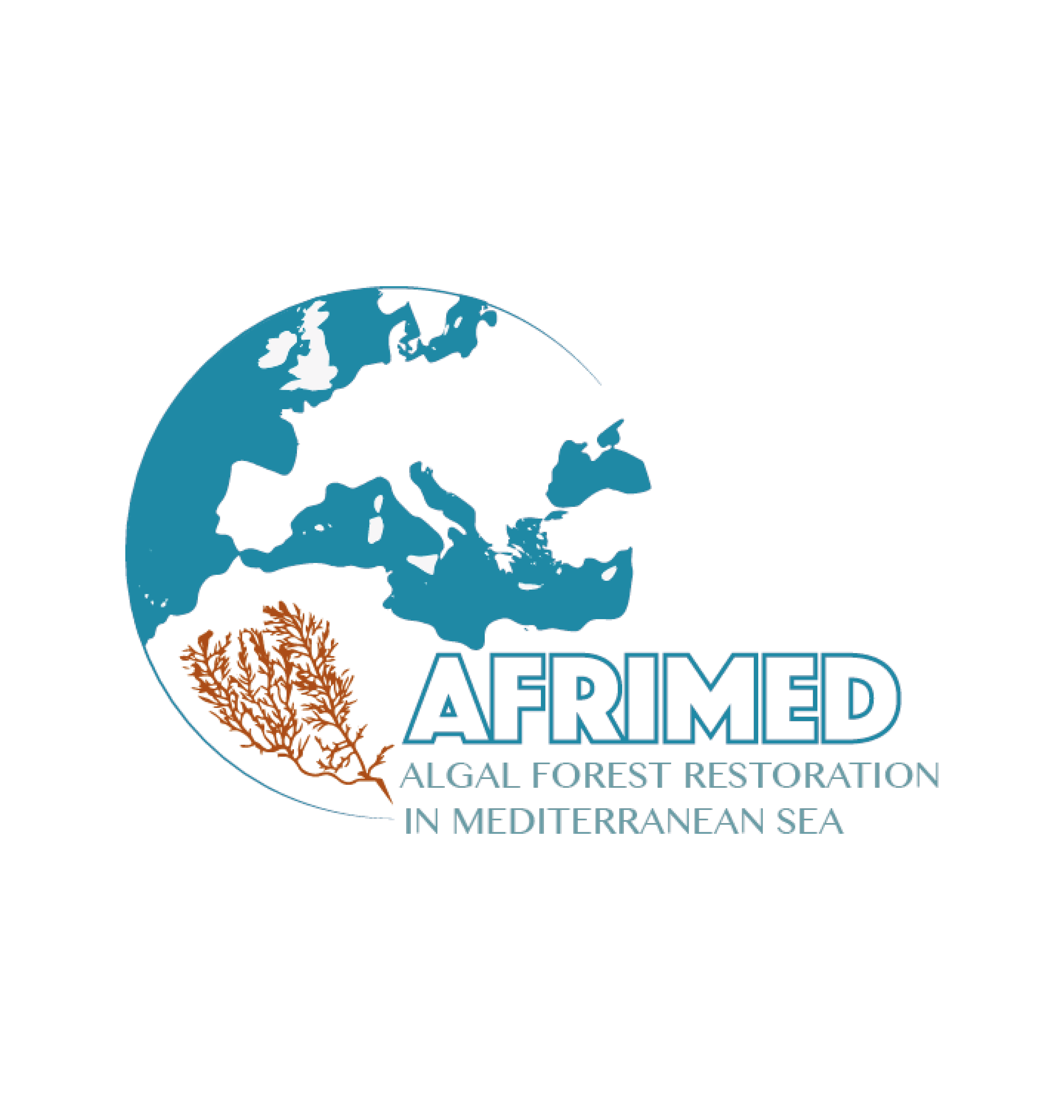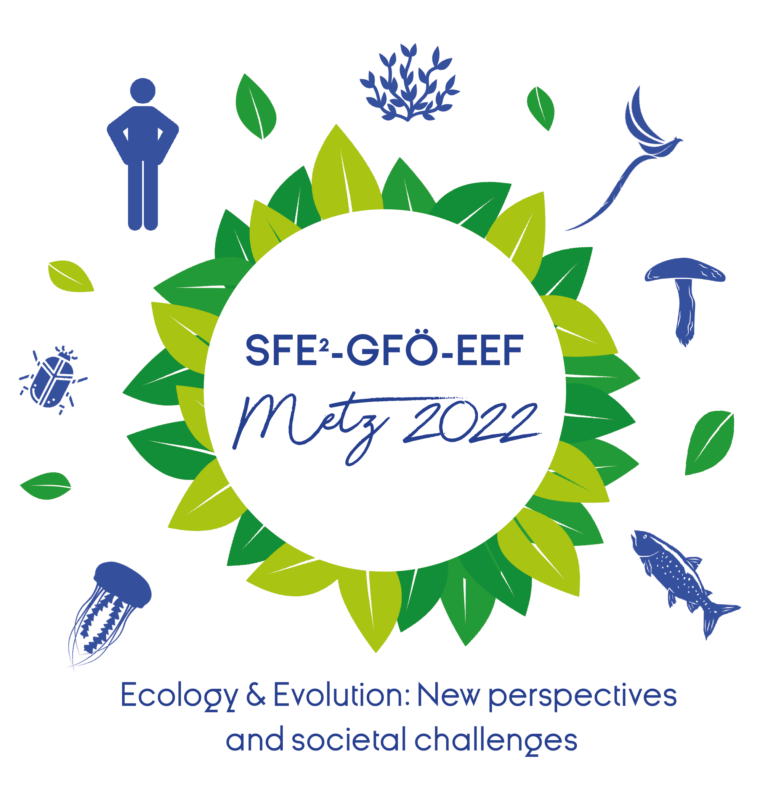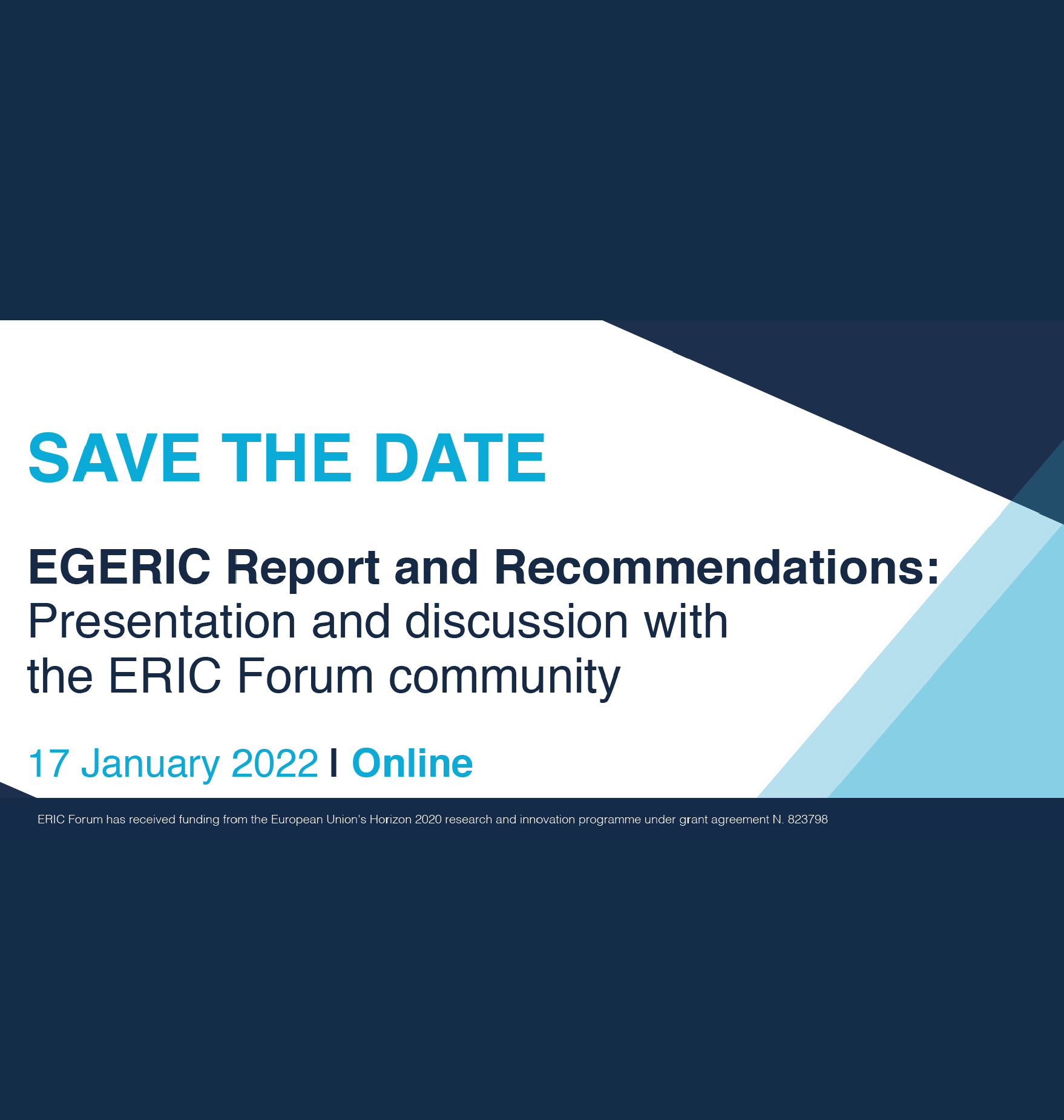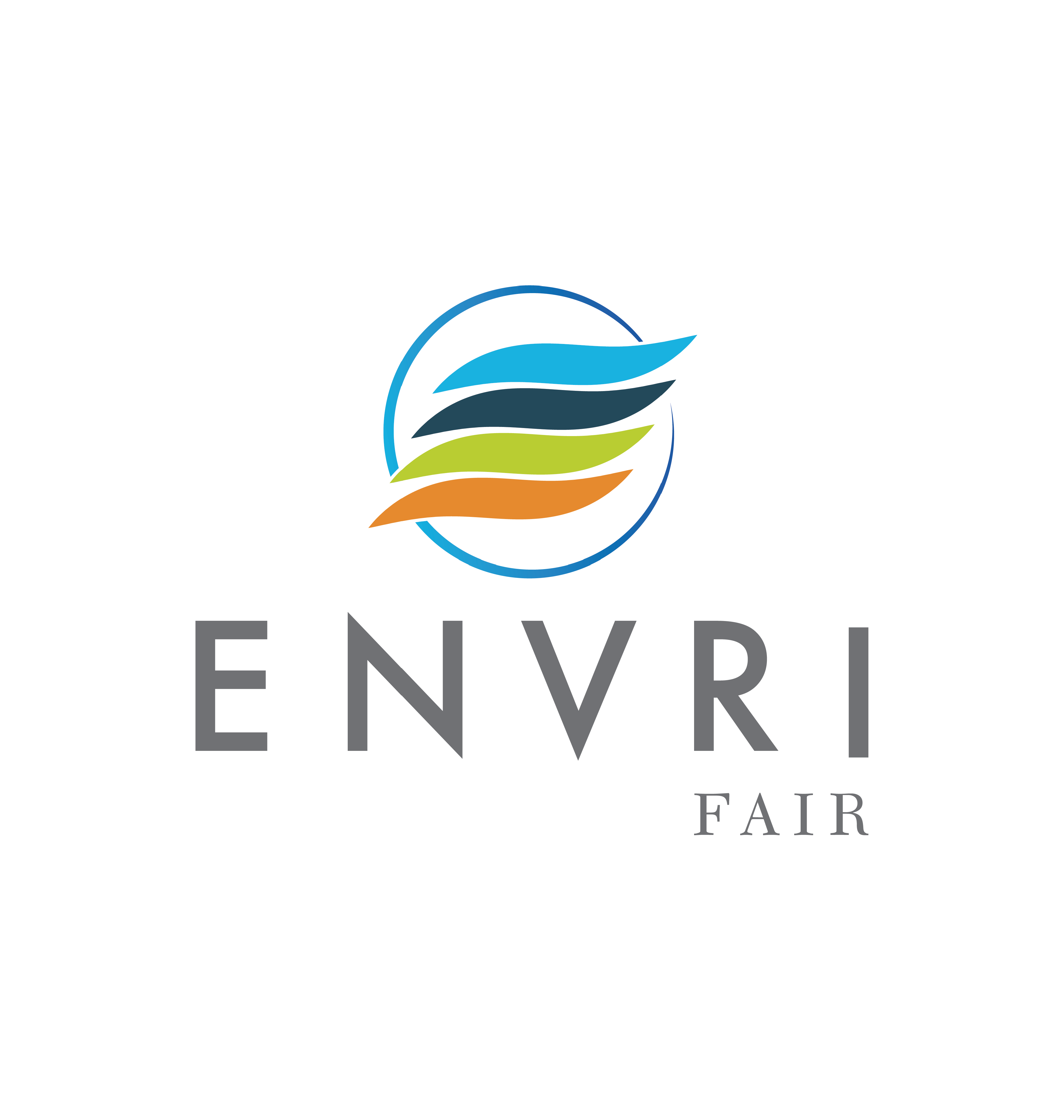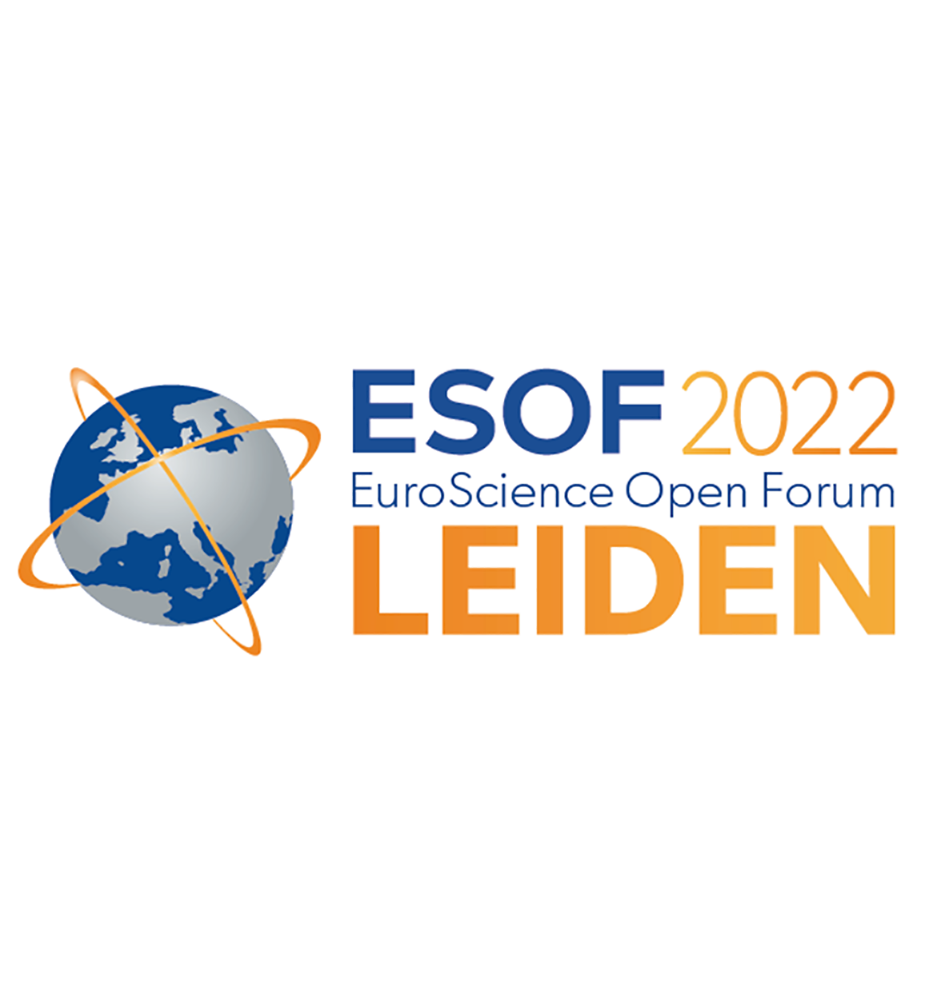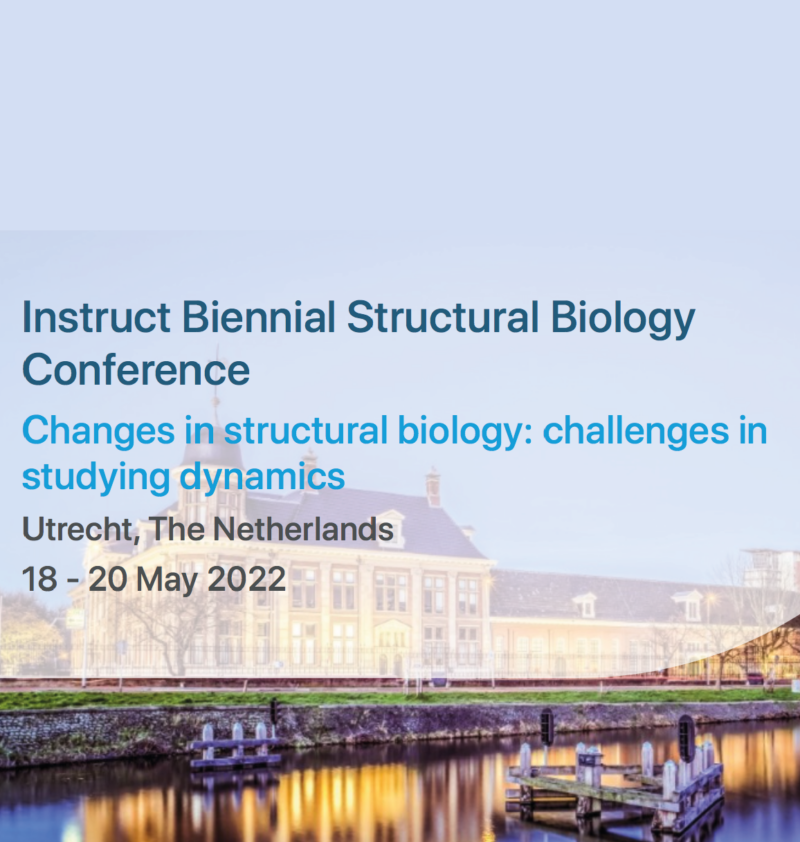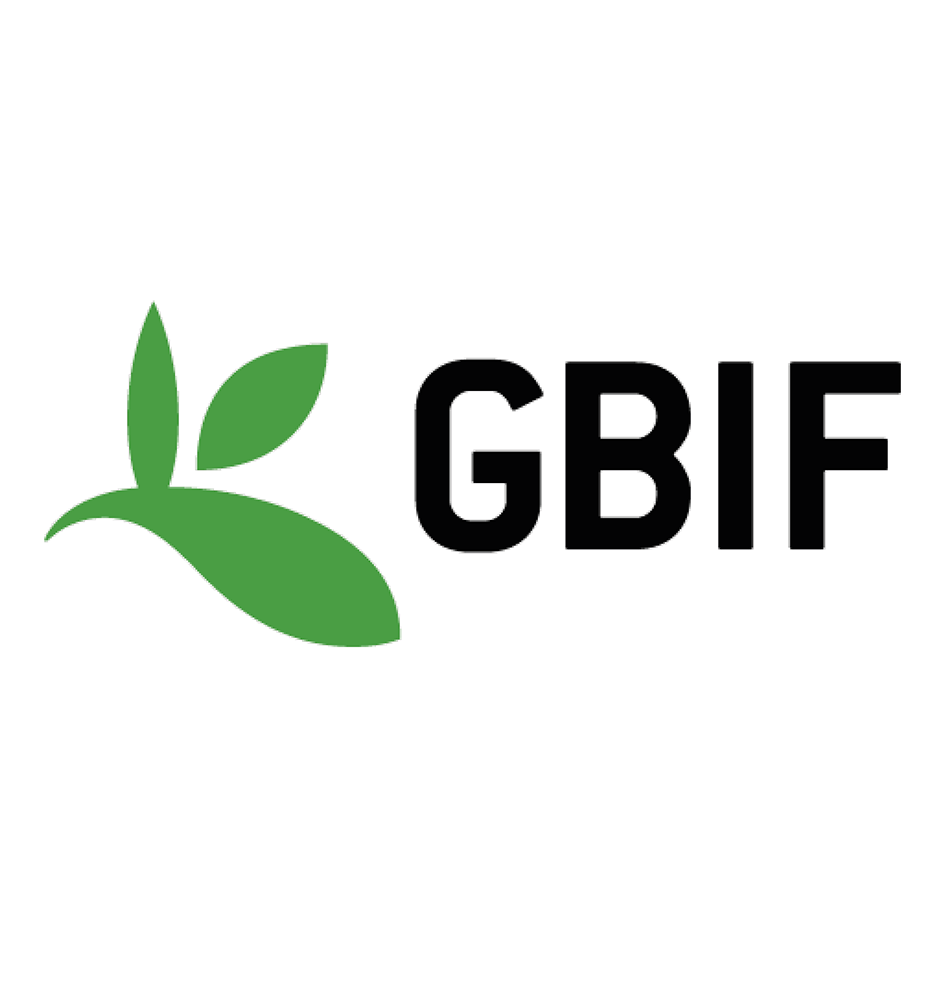Online, 21 January & 17 February 2022.
What is inside your RI’s data? And how easy is it for your end users to find out?
To make good scientific use of data, it is necessary to be absolutely clear on what has been measured or calculated. Just labelling table columns with “SWC_1_1” or “P_sal” is in many cases not precise enough, even for people familiar with your subdomain.
The RDA I-ADOPT framework responds to this requirement offering a way to compile clear and unambiguous definitions of variables in a standardised way. It helps you to describe concepts at different levels, ranging from overarching classes (“soil composition”) down to the very detailed (“soil water content, measured in a mineral soil matrix below root depth”). You can create and register your own definitions, or reuse those of others, and once in place use them to tag your RI’s datasets.
The formalised descriptions empower the FAIR principles in many ways, for example by facilitating searches across data portals (F+A) and enabling machine-driven interpretation and use of data and metadata (I+R).
ENVRI-FAIR WP6 is organising two training events that will help you to learn more about the I-ADOPT framework and the benefit this can generate for your RI.
The training series has the potential to be extended with more in-depth sessions to be organised at a later stage.
When?
Friday 21 January, 9:00 – 12:30 CET, online (Zoom)
Thursday 17 February, 9:00 – 12:30 CET, online (Zoom)
Why?
The training introduces the concept of I-Adopt, offers opportunities to experiment with real live examples from daily practice and to discuss issues related to these experiments and receive advice on your approach. After the training, participants will be able to discuss the main elements of the I-Adopt framework, evaluate its usefulness in their RI and, if interested, participate actively in the I-ADOPT discussions under github or in the I-ADOPT Task Group under the auspices of the RDA VSSIG (Vocabulary Services Interest Group); the follow-up group to gain further knowledge and contribute to the maturing of the concept.
Who?
This training could benefit all data managers in RIs that work on vocabularies/semantics or want to have a more in-depth knowledge of this topic. It is also suitable for researchers working with observation data to better define their data analysis needs towards RIs, for instance.
How?
The training is structured around three components:
- Introductory session – explanation of the concept and demonstration through examples. During the session, participants will practice to try out the concept and discuss first outcomes. A mix of plenary lectures, breakout sessions with exercises, and plenary feedback for a duration of 3 hours;
- In between the first and the second session, participants will be allowed ample time to experiment themselves with the I-ADOPT framework to test it on their own variables. Guidelines and Google sheets will be provided to guide these experiments;
- Discussion session – a second 3-hour virtual event to discuss issues related to the variable modelling, solve problems and give advice in the first 2 hours. The last hour will be used to discuss I-ADOPT in a bigger context. How should this be embedded in daily practice of research and Research Infrastructures, how can it build bridges between disciplines, what services are needed to facilitate the I-ADOPT approach, how does it relate to other areas like sensor measurements, provenance, how it can enrich the catalogues of description patterns.
The main trainer is Barbara Magagna (Umweltbundesambt, eLTER), supported by Gwen Moncoiffé (British Oceanographic Data Centre) and Lucia Vaira (LifeWatch ERIC).
On the I-ADOPT Initiative…
The aim of the I-ADOPT initiative is to produce an Interoperability Framework, co-developed by a wide community of terminology experts, for representing observable properties. This effort will have a strong focus on observable properties in environmental research because it leverages existing efforts to accurately encode what was measured, observed, derived, or computed in relation to the earth systems[1].
The framework has been developed by an RDA working group, dedicated to this topic.
The aim is to create FAIRer observable property terminologies, the global effectiveness of tools operating upon them will be improved and their impact increased. This will thus strengthen existing collaborations and build new connections between terminology developers and providers, disciplinary experts from across the various domains of Earth and Environmental Science, and representatives of scientific data user groups[2].
How to register
Please register your online attendance using this form.
[1] RDA I-Adopt WG case statement
[2] RDA I-Adopt WG description
